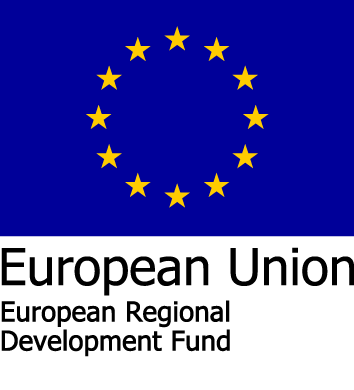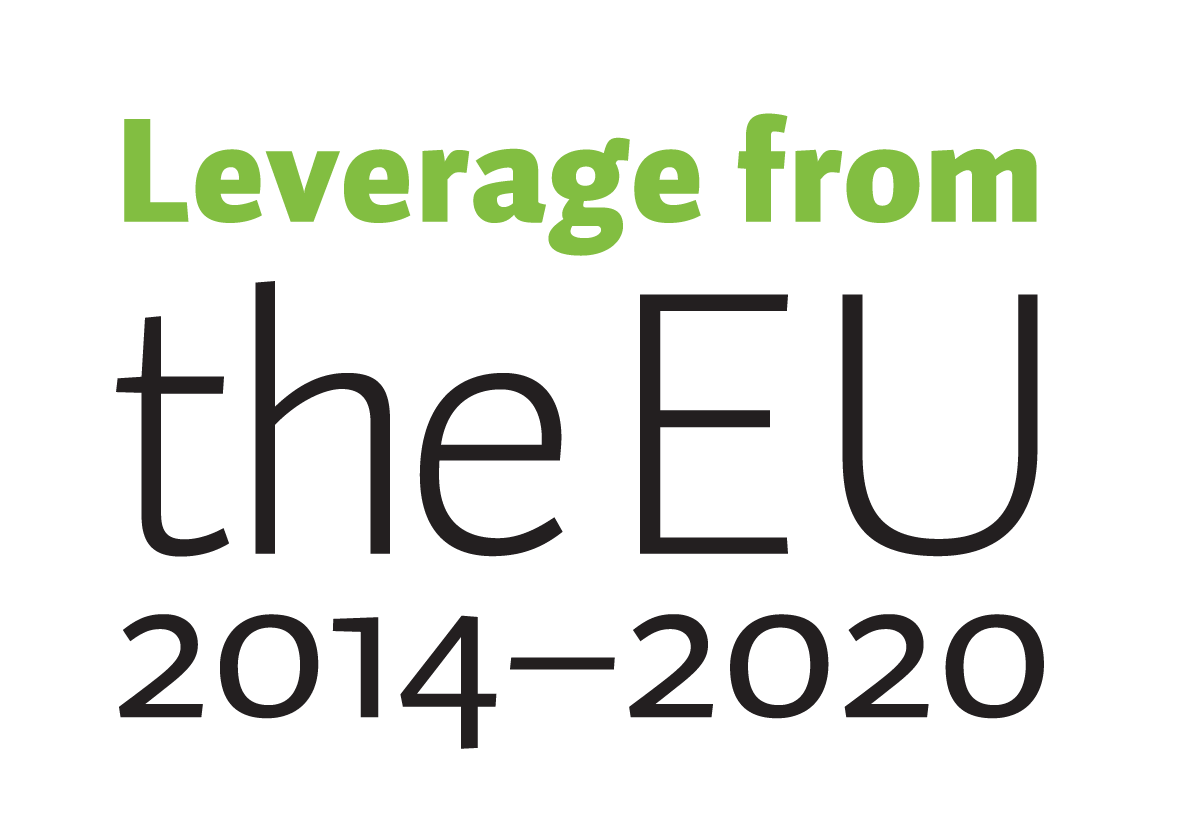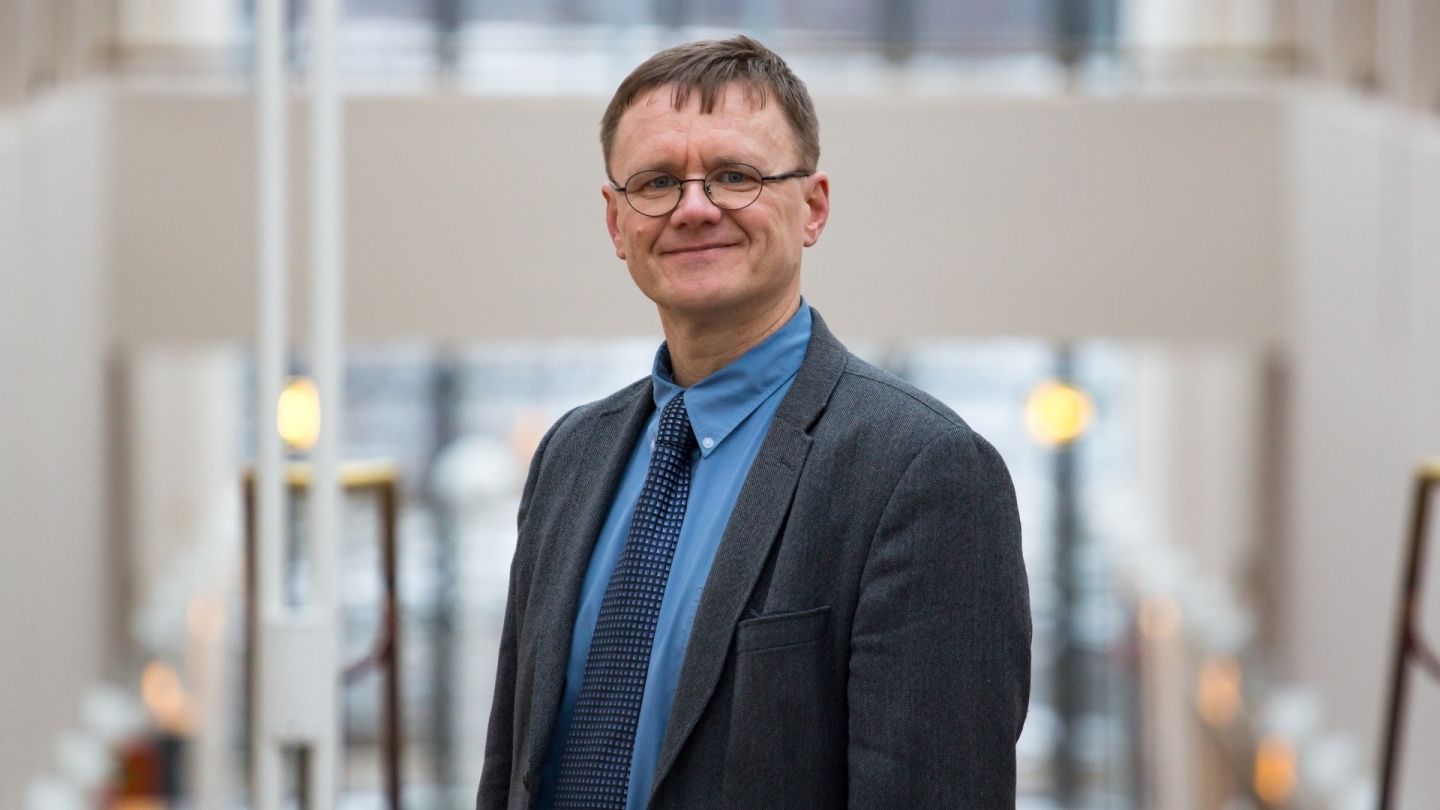Director of the Arctic Centre, research professor Timo Koivurova trusts that future businesses will take the uniqueness of the Arctic into consideration in their investment decisions. Koivurova says that responsible operators are already utilizing Arctic research information yet are currently unable to sufficiently evaluate the overall effects of their investments.
– Multidisciplinary research information enables us to create a good basis for coordinating business interests with environmentally sustainable development. When a major industrial operator plans to enter the Arctic, the environmental effects are surveyed, but it is important to also understand the cumulative and strategic effects of activities such as mining. These should be evaluated well in advance before beginning the operation.
Timo Koivurova says that the existing methods and concepts for evaluating the overall effects of business activities have not yet been put into use.
– I consider the evaluation of the overall effects to be the greatest challenge when strengthening business activities in the Arctic. There are many Arctic regions and different kinds of development are taking place in different areas. For example, there are regions in Russia where the environmental and cultural capacity has already been exceeded. There are also regions where the oil industry and the indigenous people have been able to agree on methods to allow the preservation of nomadic reindeer herding.
The Arctic Council has recommended evaluating the joint effects of different industrial projects on the environment and human societies, but this is currently only realized in some parts of the Arctic.
Finnish know-how up front
Business operators are very interested in the natural resources of the Arctic. Between 2017 and 2019, Finland will hold the presidency of not only the Arctic Council, but the Arctic Economic Council as well, giving Finland an opportunity to raise international discussion regarding matters significant to the country.
– The last time Finland held the presidency was between 2000 and 2002, and back then the Arctic Council was a somewhat minor operator, but its role has grown substantially in recent years. It has been involved in negotiating international, legally binding agreements. It has directly or indirectly influenced the creation of new international forums. The Council has 32 observers and a permanent secretariat. This is a tangibly globalising Arctic region, and our small country will be at the center of it all for two years.
Koivurova sees the presidency as both a challenge and an opportunity for Finland. In order to make the presidency a success, the Ministry for Foreign Affairs needs everyone’s support, and the Arctic Centre plays a key role in this. The Arctic Centre will also coordinate the so-called hosting committee of Lapland operators:
– The majority of meetings will take place in Lapland. We will organize various activities for the delegates, allowing influential guests to acquaint themselves with Lapland Arctic know-how. The hosting committee will bring up aspects such as sustainable management of Lapland forests, mining know-how and tourism, without forgetting the Sámi people’s rights as indigenous people.
Timo Koivurova believes that the presidency will provide many Finnish business representatives with new contacts while expanding co-operation possibilities. However, researchers are currently not in agreement regarding when new sea routes could be opened and for what purposes.
Arctic know-how can also be used for marketing many other things, such as winter clothing, technology and construction.
– With the Lapland hosting committee, and in collaboration with House of Lapland, we will provide an Open Arctic platform, which will enable private businesses and public operators to introduce themselves to one another. For example, the delegates can make company visits, whereupon different operators get to tell and show what they can do.
Goals must be coordinated
Business operators have set various goals for the presidency of the Arctic Economic Council, including improving the operational conditions of businesses in the area, dismantling barriers to trade and supporting sustainable economic operations.
Finnish businesses see factors such as customs, problems related to labor mobility and Nordic border practices as barriers to Arctic trade. Finnish people are interested in taking the best possible know-how where it is needed.
In the Arctic, the fragile and delicate nature, the rights of indigenous people and the local people’s right to a livelihood are often in conflict with the goals of large corporations. Koivurova says that the nature of business has gradually changed, as corporations strive to intensify their operations for the clear financial gains that it also brings. They also clearly pay more attention to obtaining a social operating concession from the local people.
Koivurova hopes that the information of the Arctic Centre and other research institutes will have a positive effect on how Lapland and other Arctic regions are governed. The natural resources can be utilized, but Koivurova finds that Arctic sustainable development must also be kept at the center of business activities.
To the Arctic Centre, sustainable development means making decisions based on research information. The Arctic Centre is not a political operator, so it has no stance on value judgments.
– This is perhaps best encapsulated by deepwater drilling for oil and gas, which generates very strong and opposing opinions. The research center takes a very clear stance on this: states make the decisions, and our task is to survey, among other things, what administrative measures can be used to reduce risks or how oil accidents can be reacted to in ice-covered areas. Oil drilling is expensive in the Arctic, it has its adversaries and there are risks involved, but politicians throughout the Arctic have granted their permission.
Living in an age of realism
Koivurova assesses that businesses in the Arctic are currently living in an age of realism. Large corporations have discovered that operating in challenging conditions is not very easy.
For example, the oil company Shell withdrew from the Arctic after test drilling in Alaska, and the mining industry is in slight decline due to the weakened global market. The Arctic generates interest, but a great rush is yet to come.
The Arctic Centre’s know-how regarding issues related to the northern latitudes, cold temperatures and the environment is internationally recognized. This is why Timo Koivurova hopes that the research information will reach increasingly large audiences among political decision-makers, businesses and common citizens alike.
– The Arctic Centre is a unique Arctic research, science communication and science center that is also able to make scientific results available in a popularized form. The information must be packaged so that it is understandable and so that a large audience, corporations and political decision-makers can understand and utilize it. In this regard, our science communication and science center professionals are among the best in the world.
When Finland and the North are at the center of Arctic discussion for two years, it may broaden citizens’ perception of the Arctic. Koivurova is quick to remind us that the North is not just about polar bears, but people living normal lives in cold conditions as well. This is also illustrated by the exhibitions of the Arctic Centre.
– Our goal is to reach an increasing number of people who are interested in the Arctic. An Arctic experience can be something like ice swimming, or an outsider’s observation that the entire society works normally even though the weather conditions are freezing. This is the information we wish to convey to school students and tourists.
Climate change is reflected in everything
Timo Koivurova says that issues related to the Arctic can be resolved with northern politics. The climate is becoming warmer, but Arctic operators have little say in that.
– We can process and analyse other issues with our existing models and make a difference, but climate change is a considerably more formidable challenge. The change processes related to it come primarily from outside the Arctic. I doubt that these issues can be resolved in the Arctic.
Climate change has a drastic effect in the Arctic, as the changes are 2‒3 times more rapid than in other areas. Researchers have estimated that the Arctic Ocean will have no ice during summertime in 2030‒2040. When the ocean is ice-free, ships from all countries will be able to move freely across it.
– Preparations for this change have already been made. Led by the USA, the Arctic coastal states have already begun negotiating an Arctic fishing agreement, and countries such as China and Japan have been invited to take part in the work. In my mind, this is a responsible way of doing things.
Koivurova thinks that the Arctic states cannot affect climate change amongst themselves, but issues related to it can be resolved globally with international agreements.
However, climate change brings new challenges and opportunities to the Arctic. Koivurova says that cruise ships have already begun to bring tourists to marvel at detaching icebergs or the spectacular scenery of the Arctic nature.
– This, in turn, creates new safety risks as well as business opportunities in the area. When the open sea portion becomes clear of ice, it is difficult to estimate how Arctic transportation will develop after that.
Koivurova finds it almost impossible for researchers to build new models for matters such as how many people will enter the Arctic in the coming decades.
– The fate of the Arctic rests on how we can get climate change under control. At this point, our task is to form a realistic picture of what is happening in the region – and that picture is scary.
Timo Koivurova closely monitors the development of the Arctic policies of the EU and Finland. The Arctic Centre serves as an active operator whenever multidisciplinary insight is needed.



